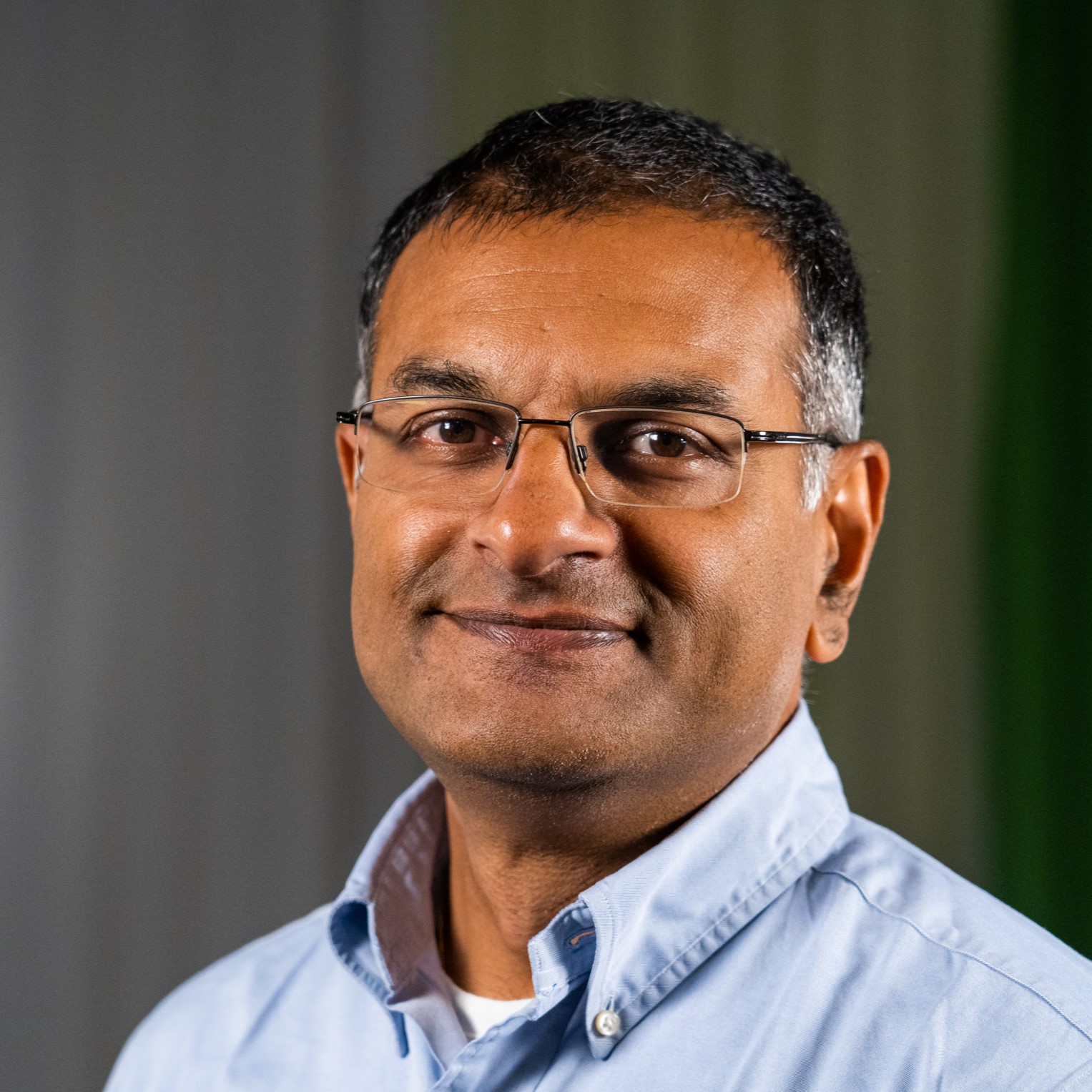This is to announce the results of this national competition for the ‘Best interventions: Redesigning, rebuilding and maintaining safe inpatient diabetes care during COVID. One winner and one highly commended were identified. There were 5 entries, and we are very grateful to Dr Rowan Hillson and her fellow judges, Dr Clare Crowley, Esther Walden, Dr Rose Stewart, Professor Gerry Rayman and Dr Susannah Rowles for their time in judging these submissions.
Dr Umesh Dashora and Erwin Castro led this project, and the winning Trusts, and the lead person who submitted their entries are as follows:
Winner:
Dr Punith Kempegowda on behalf of the DEKODE team, University Hospitals Birmingham NHS Foundation Trust
Highly Commended:
Dr Adrian Li, King’s College Hospital NHS Foundation Trust
This initiative from the Joint British Diabetes Societies for Inpatient Care aims to promote excellent practice in the safety of inpatients with diabetes. The submissions were judged by an independent panel chaired by Dr Rowan Hillson against predefined criteria. The winning submissions will be available to download from ABCD, Diabetes UK and DISN UK Group websites.
There will be a awards presentation for the winner and runner up at the ABCD meeting at the NEC in Birmingham on the 8th of September 2022
We are grateful to Christine Jones for coordinating this award.
Dr Umesh Dashora & Erwin Castro
Leads – JBDS Inpatient Safety Award
Statement from Dr Rowan Hillson:
JBDS-IP The Rowan Hillson Inpatient Safety Award 2022
The best interventions: Redesigning, rebuilding, and maintaining safe inpatient diabetes care during COVID
Judges
Rowan Hillson (chair)
Clare Crowley
Gerry Rayman
Susannah Rowles
Rose Stewart
Esther Walden
Over the last two years healthcare teams around the country have faced unprecedented pressures from COVID, and its aftermath in addition to their usual high workload. Everyone involved in this project – organisers, judges, entrants, and project participants – has faced a personal high risk of infection, and the loss of loved ones, friends and colleagues. So this year’s projects and applications have taken an especial commitment towards improving patient care. Thank you very, very much.
Thank you again, Christine Jones, for keeping us all on track. I enjoyed reading the entries but did not judge them.
Winner
Congratulations to Dr Punith Kempegowda on behalf of the DEKODE team and University Hospitals Birmingham NHS Foundation Trusts on their winning Digital evaluation of Ketosis and Other Diabetes Emergencies project, a cloud-based DKA management monitoring system (involving Queen Elizabeth Hospital Birmingham, City Hospital, Sandwell Hospital, Walsall Manor Hospital, Heartlands Hospital, and Good Hope Hospital). The judges said “A very well thought out, adaptable project, focussing on one of the main areas of harm. An outstanding initiative engaging those at the front line through a QI initiative combined with excellent support tools and guidance. Clear and robust reporting of outcomes with baseline comparators. Strong and clearly defined impact. Excellent and proven adaptability with cost information. The DKA video is excellent. Strong learning outcomes – I particularly valued the reflection on the impact of this project on junior doctors and medical students. The impact on uniformity of care across the various hospitals is an important achievement. The project also allowed collection of DKA data during the COVID period which has been published. The project involved a number of trusts and was successfully implemented in each.”
Highly Commended
A close second was Dr Adrian Li for King’s College Hospital NHS Foundation Trust for a project on remote blood glucose monitoring as a means to facilitate admission avoidance and safe
early discharges during the COVID-19 pandemic. The judges said “Very clearly written application detailing a well-planned and innovative approach with a high level of academic rigour despite the fast implementation. Objectives are clearly linked to optimising clinical care during COVID outbreak and recognise importance of both patients experience and improved clinical care. Well funded project. Great embedding of digital tech and future proofing. Useful learning about the wider systems issues that needed to be considered and design aspects for achieving best outcomes. Good example of cross boundary working.”
Best wishes and thanks to all participants, organisers, and judges of this year’s award.
Rowan Hillson
